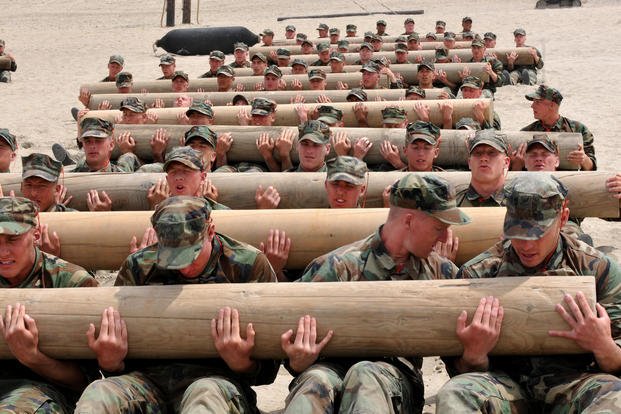You made it through that incredibly tough workout, but you want to reduce any soreness and return to the gym as quickly as possible. You are searching for something fast and easy to eat that also will support muscle recovery. So what should you eat to refuel properly after an intense workout? Here’s the skinny on how you should refuel:
Carbohydrates are the primary source of quick-burning energy to help fuel the endurance athlete. The body stores some carbohydrates in the muscles as glycogen. But during an intense workout, these glycogen stores become depleted, so your body will need to refill its tank.
The amount of carbohydrates you need depends on several factors, including your daily energy needs and how long and intensely you work out. For the training athlete in a moderate-intensity workout program (active for about one hour each day), you generally need about 5-7 grams of carbohydrate per kilogram of body weight. This equals 340-476 grams of carbs per day if you weigh 150 pounds.
Protein is required to repair and strengthen muscles. The exact amount of protein needed daily depends on your body weight, the type of exercise you do, and the duration and intensity of your workout.
Recommendations for athletes in training and competition typically range from 1.2-2 grams of protein per kilogram of body weight. This translates to 82-136 grams of protein daily for a 150-pound person. In addition to after workouts, you should consume protein throughout the day to meet this target.
Giving your body enough water to replace what you lost during the workout is critical, too. You should drink enough fluids before, during and after exercise to stay hydrated. Aim to drink 2-3 cups of water in the few hours before you’re physically active. Then drink one-half to one cup of fluids every 15-20 minutes during your fitness session.
The “secret sauce” to post-workout recovery is a combination of mostly quality carbohydrates and some protein. This gives the muscles exactly what they need to heal and may help improve performance during your next training session.
Keeping these tips in mind, an example of an ideal post-workout meal would be turkey on whole grain bread with a few slices of tomatoes. For a snack, try a glass of chocolate milk, low-fat yogurt topped with berries or peanut butter on whole wheat toast.
It’s not just about what you eat; when you eat matters, too. For optimal recovery, you should eat within two hours of a workout. But the sooner you eat, the better for repairing and replenishing muscles. If possible, aim to eat within 15-20 minutes after an intense workout.
There are many different variables that can affect how much water is lost during a workout. If it is a very hot day or the workout is very intense, you likely will lose more water, so you will need to drink more.
For most people, water is all that is needed to stay properly hydrated. But if you’re physically active for an hour or longer, consider a sports drink instead to restock electrolyte levels. Electrolytes, including potassium and sodium, are lost through sweat during exercise.
Ana Reisdorf is a registered dietician and nutrition lecturer at California State University. She enjoys sharing her knowledge on how proper nutrition can impact your exercise regimen as a writer for Walgreens, where you can find a variety of vitamins to supplement a healthy diet.
Although it is intended to be accurate, neither Walgreens Co., its subsidiaries or affiliates, nor any other party assumes for loss or damage due to reliance on this material. Walgreens does not recommend or endorse any specific tests, physicians, products, procedures, opinions or other information that may be mentioned in the article. Reliance on any information provided by this article is solely at your own risk.
Want to Learn More About Military Life?
Whether you're thinking of joining the military, looking for fitness and basic training tips, or keeping up with military life and benefits, Military.com has you covered. Subscribe to Military.com to have military news, updates and resources delivered directly to your inbox.



















